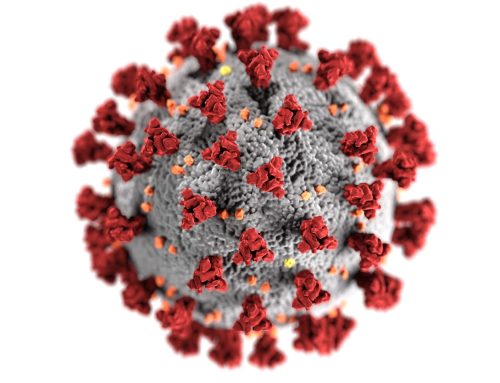Hormone levels change with age in both men and women, but the changes that are experienced by men are less noticeable. While menopause is a well-known transition that all women go through, male hormone changes can seem more mysterious and do not affect all men the same. Understanding some of the potential changes that a man might go through can help individuals keep an eye out for signs of trouble and know when it’s time to connect with a healthcare professional.
What Is Low T?
Low T is a term that refers to low testosterone levels in men. Testosterone is the male hormone responsible for male traits like muscular build, a deep voice, and facial hair. Healthy levels of testosterone also help men maintain strong bones, produce red blood cells, and maintain their mood.
When low T occurs as the result of aging, some people refer to it as male menopause or “manopause.” This isn’t an accurate comparison, however, as hormone-related changes are very different for men and women. For women, menopause is associated with a rapid decrease in hormone production over a short amount of time. Male hormone changes occur much slower and have less pronounced side effects.
How Do Male Hormones Change With Age?
After age 43, male testosterone levels decrease by about 1% a year. However, this decrease still leaves most men well within the normal range. Only about 10% to 25% of men experience clinical low T. As men age, they will naturally experience a decrease in other hormones as well, including growth hormone (GH), prolactin, and insulin-like growth factor-1 (IGF-1).
Symptoms of Male Hormone Changes
Many men experience low T with no outward symptoms. In these cases, the condition will likely go unnoticed unless the healthcare provider has a reason to run blood tests looking at testosterone levels. When symptoms of low T do occur, they typically include:
- Decreased sex drive.
- Fewer spontaneous erections.
- Erectile dysfunction.
- Decreased energy.
- Depression.
- Difficulty sleeping.
- Reduced muscle and increased body fat.
- Sweats or hot flashes.
- Height loss as a result of decreased bone density.
- Breast swelling or discomfort.
- Poor concentration.
- Short-term memory problems.
- Infertility.
Other Causes of Hormone Changes
Hormone changes aren’t always the result of male menopause. In some cases, men in their 20s have exhibited low T levels. There are many factors that will increase the likelihood of having low testosterone. These include:
- Poor diet.
- Smoking.
- Alcohol consumption.
- Lack of exercise.
- Insufficient sleep.
- Depression or low self-esteem.
- Stress.
- Obesity.
- Infection, injury, or chronic illness.
It’s important to diagnose low T levels, particularly in younger men. Having low testosterone increases the risk of other health problems, including osteoporosis, obesity, heart trouble, and obstructive sleep apnea.
Men who are experiencing signs and symptoms of low T should seek assistance from a licensed healthcare professional. In some cases, hormone therapy may be necessary to correct the issue. In other situations, the healthcare provider may offer other solutions. Speak with a JCMC healthcare provider about any changes in mood, energy levels, or other concerns that may arise with age to find a personalized solution to these problems.







